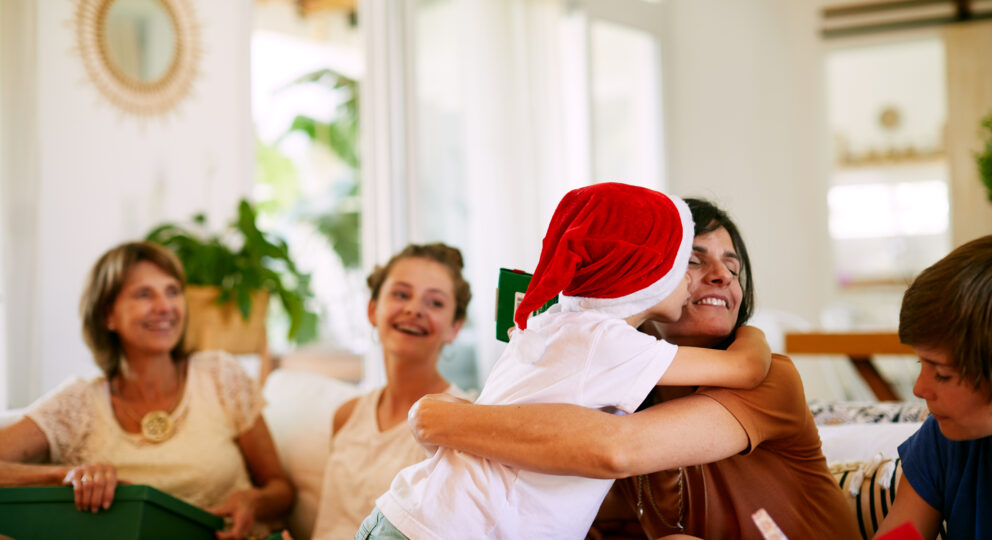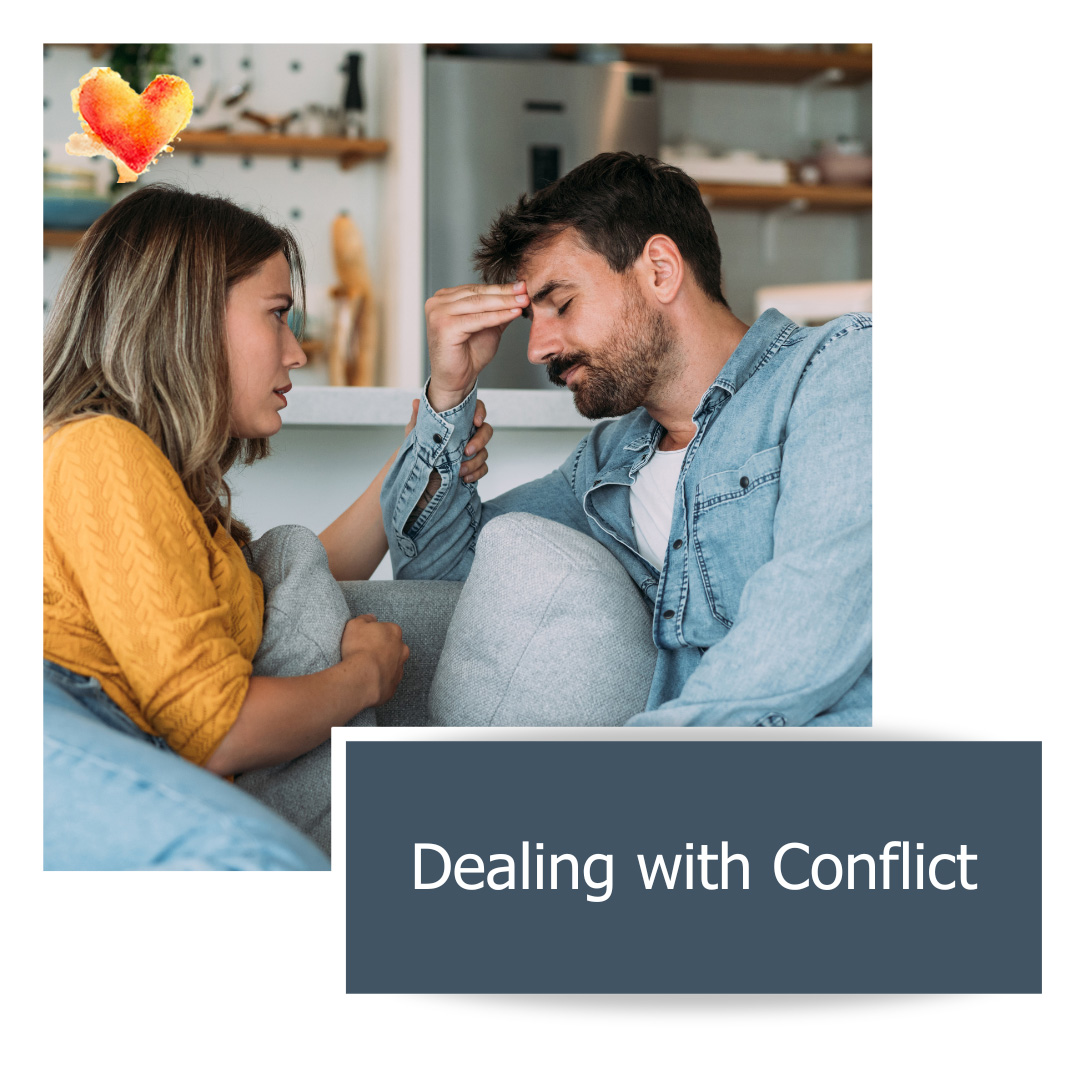One of the toughest times of year for families who are co-parenting after divorce is the holiday season.
Let’s face it, it can be a challenge for divorced parents to let go of grudges and bad memories of past
holidays. For the recently divorced parent, the holidays can be an emotional, stressful, and perhaps a
lonely time of year – especially if they don’t have new traditions and support systems in place.
Navigating the holidays while also co-parenting may leave you feeling anxious or stressed. However, it’s
crucial that you keep the focus on your child’s best interests and provide a template for their view of
relationships that they can carry into the future.
Make Your Child a Priority
The most important thing to keep in mind during the holidays is that your child should come before
anything else. When you are co-parenting, you might worry that they are not going to have the same
holiday experience as they did prior to your divorce. Rather than focusing on these concerns, think of
ways you can create new memories that will bring him or her pleasure and a sense of security.
For example, when you are co-parenting during the holidays, your child may have to squeeze several family gatherings into one day, and even split the day with their other parent. This is hard on everyone, but consider how this might be especially difficult for your child. Instead, think outside the box and make alternative plans such as opening gifts on Christmas Eve or having a holiday dinner or party the day after Christmas.
Being flexible around the holidays can go a long way toward lowering your child’s stress when co-
parenting. Ask yourself if your holiday schedule is child-centered, or is it focused more on the needs of
you and your ex-spouse?
Be Mindful of Loyalty Conflicts
First and foremost, you need to do everything in your power not to intensify your child’s loyalty conflicts
during the holiday season. It’s wise to be flexible and understanding as you negotiate schedules – your
child may feel torn between their parents’ two different worlds.
The mere fact that it’s the holidays may reawaken old worries in your child (even years after your
divorce). They may wonder “How is my mom going to feel since I’m with my dad this year?” Or, “Is my
dad going to feel left out if I spend Christmas at my mom’s house?”
For children of divorce, the holiday season can remind them that their family is now divided and can
elicit loyalty conflicts because they may feel that they are pulled in every direction and will ultimately
disappoint both of their parents. Children may worry that they won’t get their needs met and they can
benefit from empathy and emotional coaching to help them navigate tender emotions.
Emotional Coaching
Dr. John Gottman’s model of Emotion Coaching is a five-step method that builds emotional
intelligence and creates long-lasting effects for children and teens. These steps are important for you to
keep in mind so you can support your child during the holiday season (and all year).
- Be aware of your child’s emotions
- Recognize your child’s expression of emotions as a perfect moment for intimacy and teaching
- Listen with empathy and validate your child’s feelings
- Help your child learn to label their emotions with words
- Set limits when you are helping your child to solve problems or deal with upsetting situations appropriately
Show compassion for your child if they seem stressed or worried, or miss their other parent. Remind
them that it’s normal to feel more stress this time of year and you will help them to navigate through
rocky patches any way you can. A phone conversation with their other parent may ease their sadness.
5 Ways to Cope with Co-Parenting During the Holidays:
- Keep the best interests of your child in mind. Remember that children can usually benefit from time with both of their parents. Be flexible and do your best to ensure that your kids will be able to spend time with their other parent and extended family members. Studies show that children adjust better to divorce if their parents minimize conflict and are more cooperative.
- Focus on positive communication with your ex-spouse. Communicate with them through email or a phone calls whenever possible because texts can get emotional during the busy holiday season. Be cordial with your ex and/or their relatives and never bad mouth them to your child.
- Remember that your child is not a possession and that they have their own delicate feelings to deal with during the holiday season. Do your best not to put them in the middle by making them a messenger between you and your ex-spouse. Don’t ask too many questions about their time with their other parent but express pleasure if they had a good experience.
- Validate your child’s feelings. Let them know that it’s okay to feel sad or to miss the other parent during the holidays. Don’t make them feel guilty about their time away from you.
- Start new holiday traditions that will create positive memories for your child. For instance, visiting friends, attending a play or concert, volunteering at a soup kitchen, or enjoying a special meal. Hold onto traditions and activities from the past that worked well. Laughter is one of the best ways to change a negative mood to a positive one. Listen to music, work on a puzzle, or participate in other fun activities.
Remember that your goal is to create new, positive holiday experiences for your child that will stay with
them for years to come. Modeling respectful behavior toward your former spouse is key to having a
successful holiday. Children pick up on both verbal and non-verbal signs of anger so do your best to keep these feelings in check. By cooperating with your child’s other parent, you establish a life pattern that provides positive memories that will endure the test of time.










